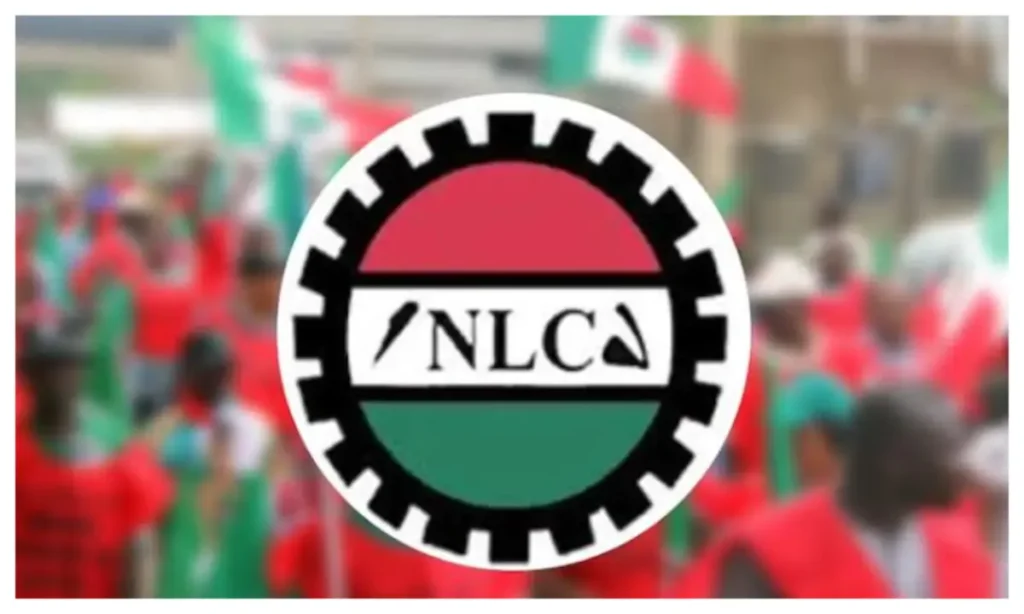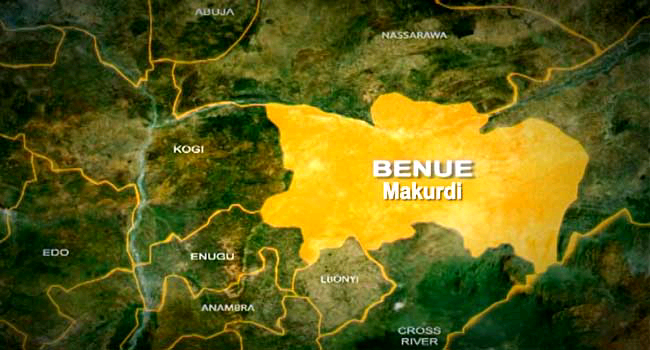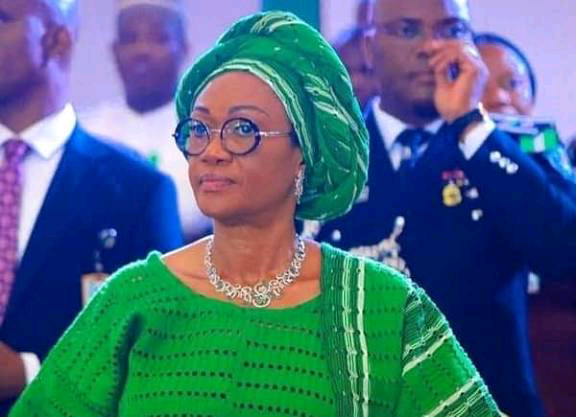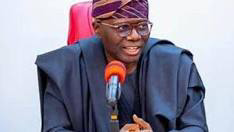N’Assembly Padded 2024 Budget with Over ₦2.2 Trillion Questionable Projects, Says BudgIT
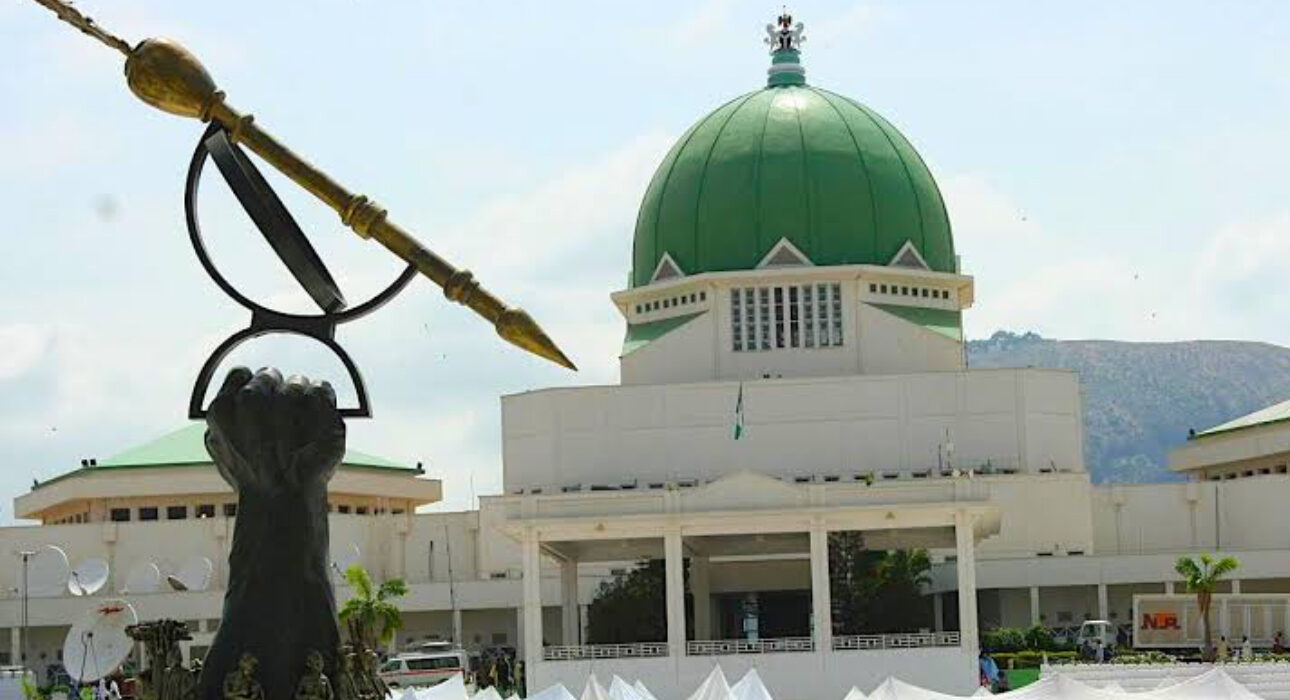
An in-depth analysis of Nigeria’s 2024 Appropriation Act has uncovered alarming evidence of extensive budget padding, with thousands of projects allegedly inserted by the National Assembly lacking clear justifications, costing the country trillions of naira.
The findings, published by civic accountability group BudgIT and corroborated by various media outlets, revealed that 7,447 projects amounting to ₦2.24 trillion were inserted into the national budget, many of which show little transparency in terms of scope, relevance, or execution strategy.
According to the report, a staggering number of high-value projects were included in the budget without proper documentation or rationalization:
• 238 projects were each valued at over ₦5 billion, with no accompanying justification or detailed project description.
• 984 projects worth a combined ₦1.71 trillion were inserted, often lacking details such as locations or intended outcomes.
• An additional 1,119 projects were valued between ₦600 million and ₦1 billion each — also tagged with vague or nonexistent rationales.
The analysis raises red flags about how public funds are being allocated and raises serious concerns over transparency, oversight, and fiscal discipline in Nigeria’s legislative process.
BudgIT and other civil society groups have described the insertions as a gross misuse of legislative power.
They argue that the practice of padding budgets with opaque projects undermines the efficiency of public spending and limits the government’s ability to execute priority programs.
“The scale and value of these insertions show a worrying trend — budgets are being used as political tools rather than as instruments of national development,” said a BudgIT spokesperson.
Many of the projects cited in the analysis lacked essential details such as:
• Specific locations
• Implementing agencies
• Clear timelines
• Measurable outcomes
This absence of clarity has led to fears that these projects could become conduits for misappropriation, corruption, and waste.
The revelations have sparked widespread outrage across Nigeria, especially amid ongoing concerns about economic hardship, rising debt levels, and the urgent need for infrastructure and social investment.
Several watchdog groups and public commentators have called on President Bola Ahmed Tinubu’s administration to launch a comprehensive audit of the budget and to enforce stronger accountability mechanisms in budget formulation and approval.
“This situation further erodes public trust in governance. If this is not urgently addressed, it will set a dangerous precedent,” noted one public policy analyst.
The controversy has reignited calls for reforms in the Nigerian budgeting system, particularly in curbing the powers of legislators to unilaterally insert large-scale projects into the national budget without adequate checks and balances.
Proposed reforms include:
• Stricter oversight by the Budget Office of the Federation
• Real-time public disclosure of budget amendments
• Independent auditing of large project allocations
With economic pressures mounting and citizens demanding more transparency, how the federal government responds to this scandal may set the tone for Nigeria’s fiscal credibility in the years ahead.


